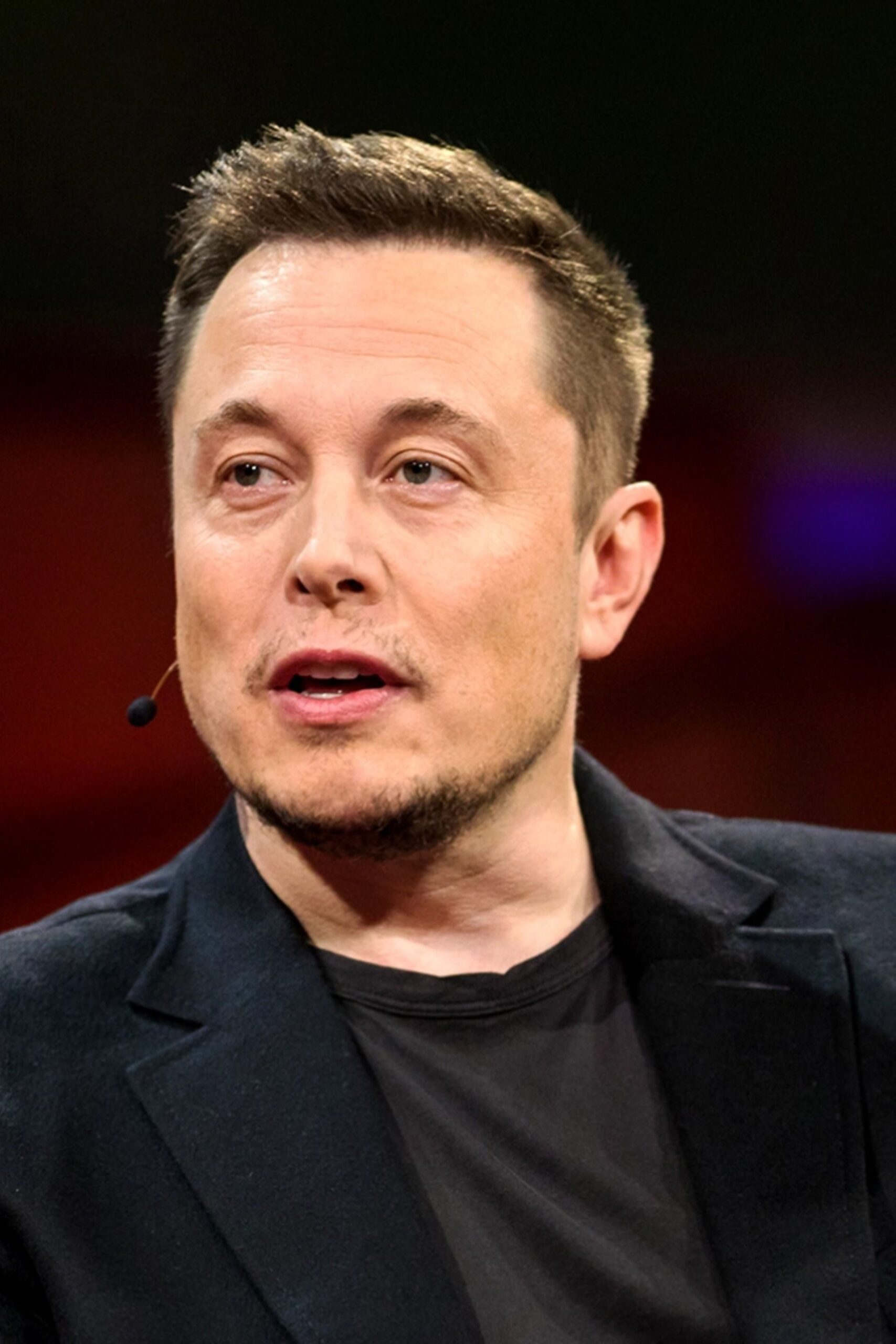Twitter’s decision to pull out of the European Union’s voluntary code of practice on online disinformation has sparked concerns that owner Elon Musk might be considering a complete closure of the platform in Europe. This development comes as the EU prepares to enforce the Digital Services Act (DSA) in August, making adherence to the code of practice mandatory for major social media platforms.
The forthcoming DSA, an expansion of the current voluntary agreement, will require large digital platforms like Twitter to actively monitor and demonetize disinformation and bot farms, provide transparent warnings regarding political advertising, and empower fact-checking mechanisms. Although content removal is not mandated, platforms must offer users the means to report illicit content. Failure to comply with the DSA’s rules could result in fines of up to 6% of annual revenue, imposed by the European Commission.
European Commissioner Thierry Breton tweeted, “Twitter leaves EU voluntary Code of Practice against disinformation. But obligations remain,” emphasizing that fighting disinformation will soon become a legal obligation under the DSA. Breton had previously warned Musk that Twitter could face a ban in the EU if it fails to comply with the regulations.
Elon Musk, known for his provocative online presence, continues to post content that skirts the boundaries of potential violations under the DSA and other EU policies on hate speech. Recent posts have included references to alt-right themes and fascism, which experts have highlighted. One particular post featured a meme with Pepe the frog and a caption containing the word “fren,” associated with far-right ethnonationalism.
The withdrawal from the disinformation agreement coupled with Musk’s controversial posts has led to speculation that Twitter might consider shutting down its operations in the EU. The DSA’s implementation and the anticipated crackdown on disinformation create additional challenges for the platform. Observers suggest that given Twitter’s secondary position in the EU market, it is increasingly likely that the platform may choose not to comply with the DSA, leading to a potential withdrawal from Europe.
While Musk has not yet responded to requests for comment, the situation raises concerns about the platform’s future in Europe and its compliance with the EU’s framework for combating racism and xenophobia. Twitter’s decision to withdraw from the voluntary agreement on disinformation is seen as a significant step that could mark the beginning of the platform’s departure from the European market.


